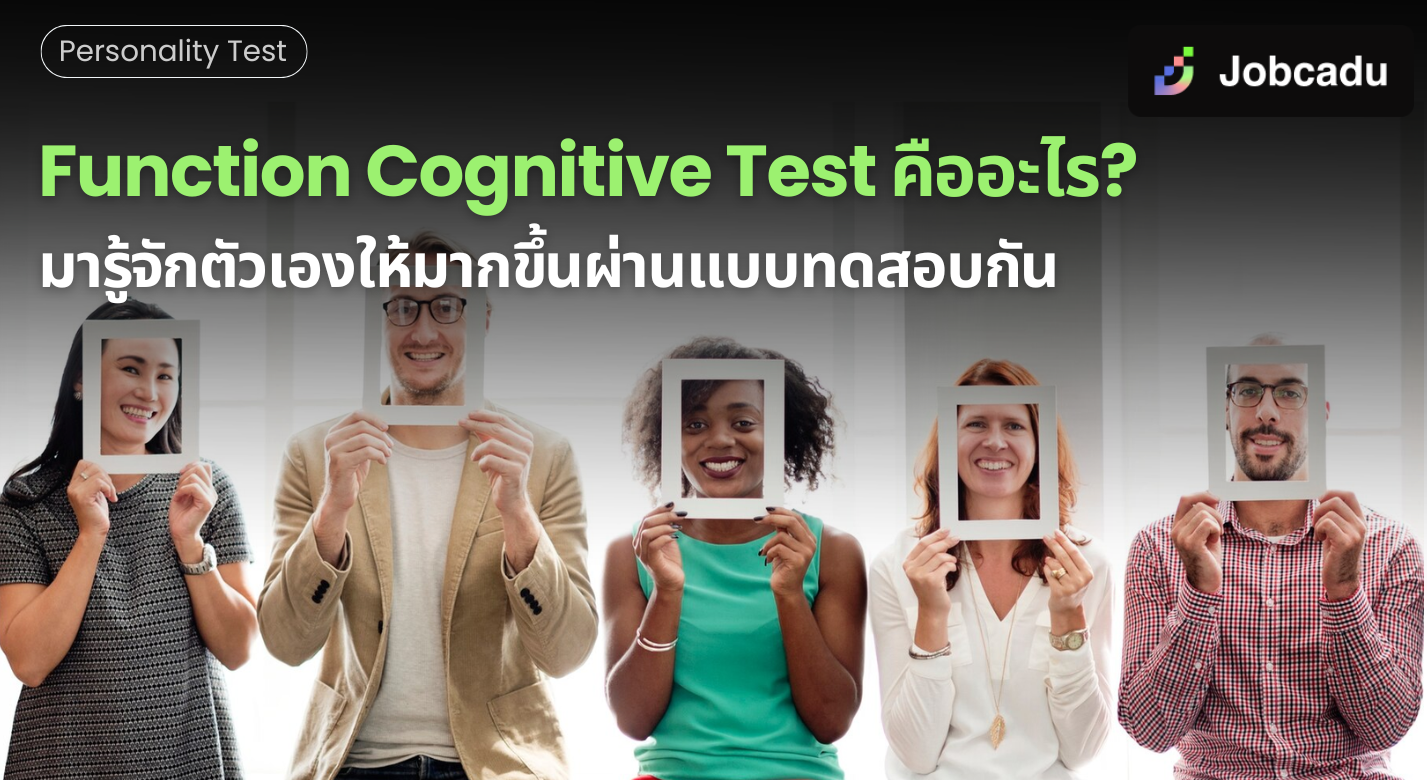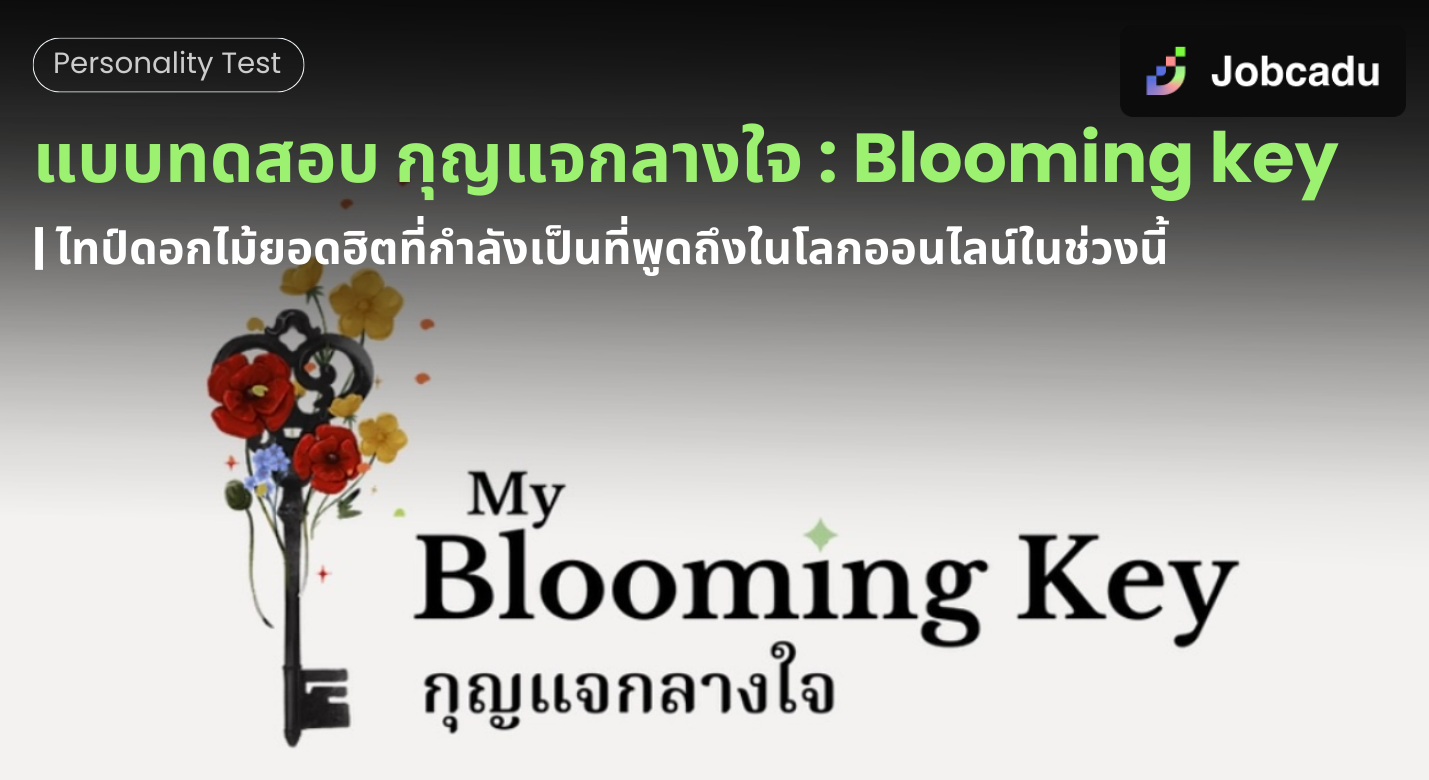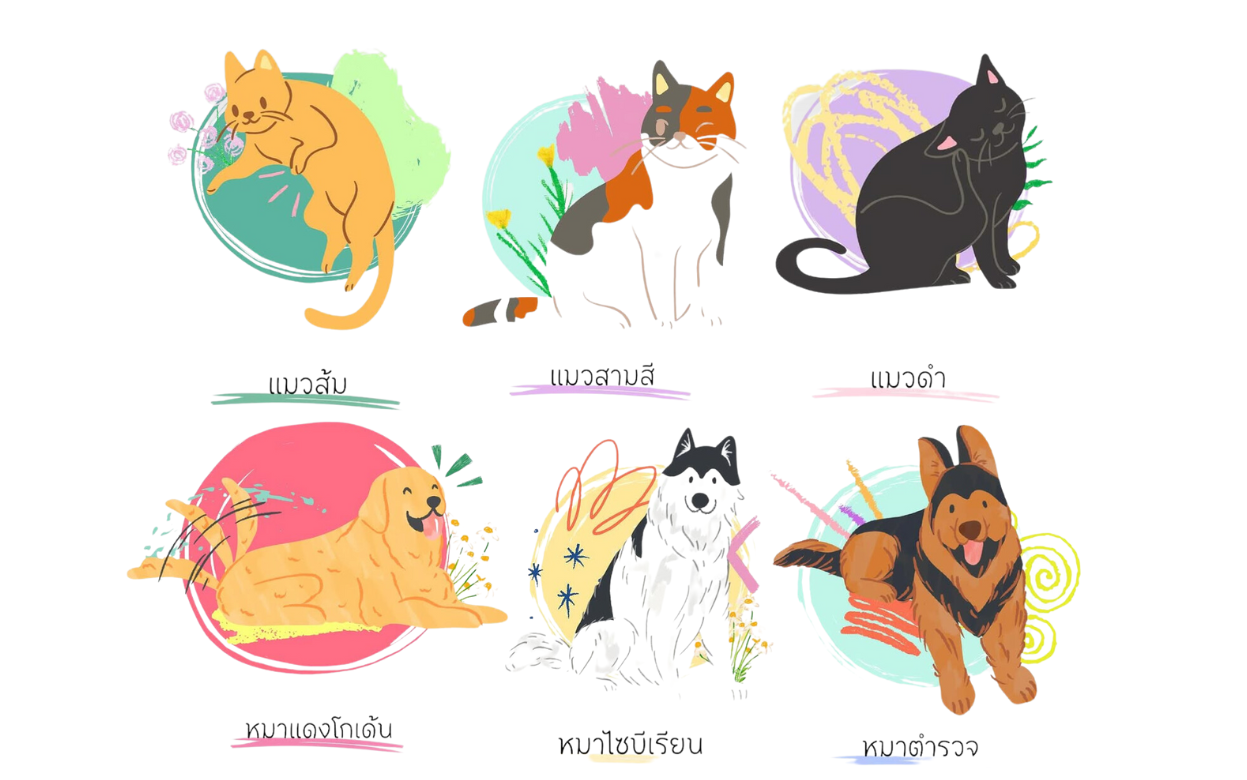Bài Kiểm Tra Kiểu Hình Nhân Vật Cho Phụ Nữ: Hiểu Bản Thân Qua Các Kiểu Hình Phụ Nữ
Kiểu hình nhân vật (Archetype) là một khái niệm tâm lý học được phát triển bởi nhà tâm lý học nổi tiếng Carl Jung. Kiểu hình đại diện cho các mẫu hành vi, suy nghĩ và cảm hứng phản ánh bản chất con người. Chúng là những mẫu hình cơ bản được ghi sâu vào tiềm thức của mỗi người. Các kiểu hình giúp ta hiểu được những vai trò và tính cách khác nhau, từ đó nâng cao khả năng nhận thức về bản thân.
Hôm nay, chúng ta sẽ khám phá các kiểu hình dành cho phụ nữ. Việc phân loại các kiểu hình theo giới tính nhằm nâng cao sự hiểu biết về vai trò xã hội và những ảnh hưởng hình thành cuộc sống phụ nữ. Sự phân chia này không nhằm tạo ra sự giới hạn mà là để thúc đẩy sự hiểu biết sâu sắc hơn về bản sắc và tiềm năng cá nhân.
Các Kiểu Hình Phụ Nữ Là Gì?
Có nhiều kiểu hình phụ nữ, mỗi kiểu hình phản ánh những vai trò và đặc điểm khác nhau của phụ nữ trong cả đời thực lẫn tâm lý học. Mỗi kiểu hình mang những đặc điểm riêng biệt và những hình mẫu nổi tiếng thể hiện chúng, giúp chúng ta hiểu và hình dung rõ ràng hơn.
1. Người Ngây Thơ (The Innocent)
Kiểu hình này đại diện cho những phụ nữ nhìn nhận thế giới với lạc quan, thể hiện sự thuần khiết và tin vào điều tốt đẹp trong mọi thứ. Cô ấy là biểu tượng của hy vọng và hạnh phúc thật sự.
Ví dụ: Công nương Diana, người đã dành cả cuộc đời để giúp đỡ người khác với trái tim thuần khiết.
2. Nhà Khám Phá (The Explorer)
Phụ nữ yêu thích phiêu lưu và tự do, luôn tìm kiếm những trải nghiệm mới và không sợ bước ra khỏi vùng an toàn của mình.
Ví dụ: Amelia Earhart, người phụ nữ đầu tiên bay một mình qua Đại Tây Dương.
3. Người Hùng (The Hero)
Biểu tượng của lòng can đảm và cuộc chiến vì công lý. Phụ nữ trong kiểu hình này vững vàng với những gì họ tin tưởng.
Ví dụ: Jeanne d'Arc, người đã cống hiến cả cuộc đời để dẫn dắt cuộc chiến trong Cuộc Thánh Chiến.
4. Người Khôn Ngoan (The Sage)
Phụ nữ trí thức, suy nghĩ sâu sắc và có mong muốn mãnh liệt trong việc học hỏi và phát triển bản thân cũng như những người khác. Họ thường là người cố vấn hoặc nhà lãnh đạo tư tưởng.
Ví dụ: Marie Curie, nhà khoa học giành hai giải Nobel.
5. Người Chăm Sóc (The Caregiver)
Là những người tràn đầy tình yêu và sự hy sinh, luôn chăm sóc người khác. Kiểu hình này tập trung vào những mối quan hệ nhẹ nhàng và sự hỗ trợ.
Ví dụ: Mẹ Teresa, biểu tượng của lòng nhân ái và sự hy sinh.
6. Người Lãnh Đạo (The Ruler)
Phụ nữ có phẩm chất lãnh đạo, tự tin và khả năng thiết lập sự ổn định trong xã hội hoặc tổ chức.
Ví dụ: Margaret Thatcher, cựu Thủ tướng Anh.
7. Nhà Sáng Tạo (The Creator)
Kiểu hình này đại diện cho sức mạnh của trí tưởng tượng và sự đổi mới. Cô ấy thích biến ý tưởng thành hiện thực.
Ví dụ: Frida Kahlo, người đã sử dụng nghệ thuật để thể hiện cảm xúc và suy nghĩ cá nhân.
8. Người Nổi Loạn (The Rebel)
Phụ nữ thách thức các chuẩn mực và hệ thống để mang lại sự thay đổi.
Ví dụ: Malala Yousafzai, nhà hoạt động đấu tranh cho quyền giáo dục của trẻ em gái.
9. Người Lãng Mạn (The Lover)
Kiểu hình này là biểu tượng của đam mê, tình yêu và sự quyến rũ. Cô ấy tạo ra sự ấm áp và tìm thấy vẻ đẹp trong cuộc sống.
Ví dụ: Marilyn Monroe, biểu tượng của sự quyến rũ và lãng mạn.
10. Nhà Ảo Thuật (The Magician)
Biểu tượng của sự chuyển đổi, người truyền cảm hứng và tin vào sức mạnh của những khả năng vô hạn.
Ví dụ: Oprah Winfrey, người đã thay đổi nhiều cuộc đời qua những câu chuyện và lời nói mạnh mẽ.
11. Chiến Binh (The Warrior)
Phụ nữ mạnh mẽ, quyết tâm chiến đấu vì mục tiêu của mình.
Ví dụ: Serena Williams, nữ vô địch quần vợt và người đấu tranh cho tài năng và bình đẳng.
12. Kẻ Hề (The Jester)
Phụ nữ yêu thích sự hài hước, lan tỏa niềm vui và tìm kiếm sự vui vẻ trong mọi tình huống. Cô ấy sử dụng tiếng cười để xoa dịu căng thẳng.
Ví dụ: Ellen DeGeneres.
13. Nhà Từ Thiện (The Altruist)
Phụ nữ dành cả cuộc đời mình để cải thiện xã hội, tập trung vào việc giúp đỡ người khác.
Ví dụ: Melinda Gates, một nhân vật quan trọng trong công tác nhân đạo.
Hãy Làm Archetype Test:
Nếu bạn tò mò về kiểu hình của chính mình, bạn có thể tham gia các bài kiểm tra kiểu hình uy tín từ các nguồn sau:
- Archetype Test bằng tiếng Anh
Hiểu về các kiểu hình phụ nữ không chỉ giúp bạn khám phá bản thân mà còn nâng cao tiềm năng trong nhiều lĩnh vực của cuộc sống. Học về các kiểu hình có thể hướng dẫn bạn trong việc đặt ra các mục tiêu cuộc sống rõ ràng và phù hợp.
Nếu bạn muốn khám phá thêm về các kiểu hình và cách tìm bài kiểm tra phù hợp với mình, hãy đọc thêm các bài viết tại Career Portal hôm nay!










